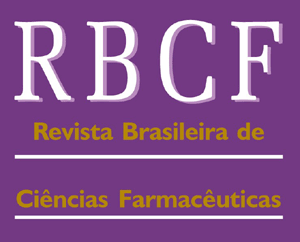Liposomes are vesicles that consist of one or more concentric phospholipidic bilayers organized around an aqueous inner compartment. They are carriers of drugs, biomolecules and diagnostic agents. The stability of liposomes can be influenced by chemical or physical factors. Once injected in the circulatory system, conventional liposomes suffer uptake by the mononuclear phagocytic system. To avoid such a capture, non-conventional or Stealth® liposomes were developed, which are coated by hydrophilic components. Specific ligand had been incorporated in their surface so as to control the drug release and selectivity, thereby originating the targeted liposomes. In general, all preparation methods of liposomes include the hydration of lipidic film followed by sonication or extrusion to reduce the mean size of vesicles. After preparation, the vesicles are characterized by size, chemical constitution, and amount of encapsulated material. In this review it is shown that the liposomes offer effectiveness and safety in comparison with many conventional treatments. In spite of the existence of a few liposomal formulations available since early 80's, which are used for the treatment of systemic fungal infections and cancer, many technological and biological issues remain as a challenge. In this scenario, liposomes have extensively been studied in order to improve their in vivo stability in the treatment of several diseases, including cancer.
Liposomes; Phospholipids; Stability; Therapeutic applications



